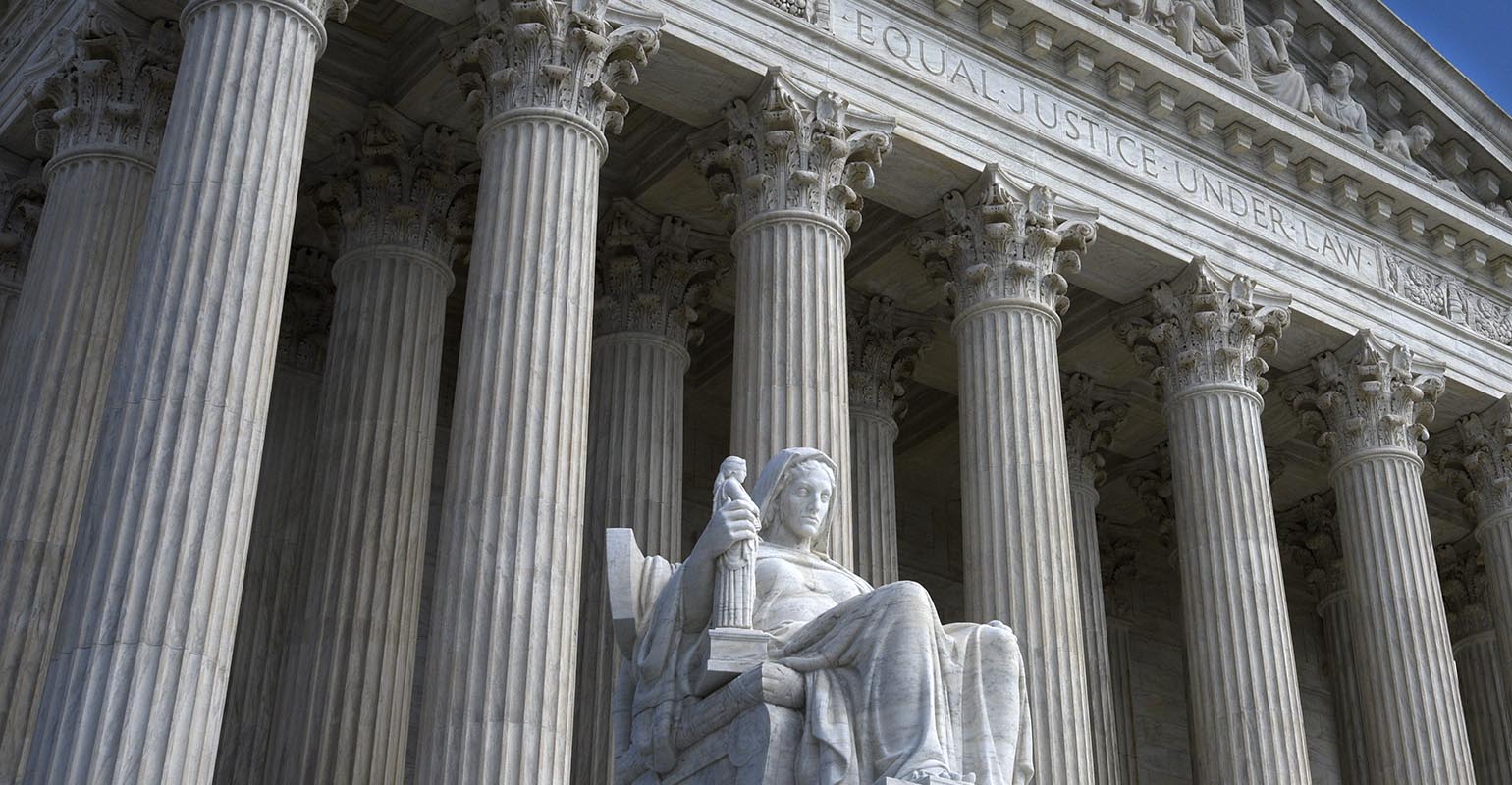IN Connelly v. United States, 602 US _____ (2024), the US Supreme Court addressed the narrow question of whether a corporation's obligation to redeem a decedent's stock at fair market value offsets the value of life insurance proceeds received by the corporation in a policy on the life of the decedent when this income is committed to financing the redemption. Justice Clarence Thomas authored a unanimous opinion that affirmed lower court findings that a corporation's liquidation obligation is not an obligation that reduces the estate tax value of the decedent's stock.
Background of Salvation
Brothers Michael Connelly and Thomas Connelly were the sole shareholders in Crown C. Supply. Michael owned 77.18% of the shares, and Thomas owned the remaining 22.82%.
Michael and Thomas had entered into an agreement which provided that, on the death of the first brother, the surviving brother would have the option to purchase the deceased brother's shares, and if the surviving brother did not do so, the Crown was bound to bought the shares. Under either option, the surviving sibling would be Crown's sole shareholder. The agreement provided that the repurchase price would be based on an independent valuation of Crown. Crown purchased life insurance policies on each of the brothers, each providing a $3.5 million death benefit payable to Crown.
On Michael's death, Thomas, in his individual capacity, refused to exercise his right to buy Michael's shares, and the Crown was obliged to buy back the shares. Thomas was also the executor of Michael's will. Michael's son and Thomas agreed that Michael's shares were worth $3 million, and Crown used $3 million of the life insurance proceeds to pay off the shares, leaving Thomas as Crown's sole shareholder. Crown did not receive a rating, nor did Thomas, in any of his capacities.
Declaration and control of the property tax declaration
As executor, Thomas filed a federal estate tax return and reported that Michael's shares in Crown were worth $3 million, based on the agreement between Michael's son and Thomas.
After the return was selected for audit, Thomas, as executor, obtained a valuation for the first time and the valuer took the view that, based on Estate of Blount v. Commissioner, 428 F. 3d 1338 (CA 11 2005), life insurance proceeds must be deducted from the value of a corporation when those proceeds are offset by an obligation to pay those proceeds to an estate in a stock purchase. The assessor concluded that the Crown was worth $3.86 million in total and that Michael's shares, representing a 77.18% ownership interest, were worth about $3 million ($2,979,148). The Internal Revenue Service took the position that the Crown's value was $6.86 million (adding $3 million in insurance proceeds to the $3.86 million value) and that Michael's ownership interest was worth $5.3 million and assessed an additional $889,914 in property taxes.
Based on a 40% tax rate, the wealth tax attributable to the Crown shares would be $2.12 million. There is no indication that the $3 million redemption price would be changed to a check, meaning that $2.12 million of the $3 million in proceeds (70.66%) would be consumed by the estate tax based on the IRS position.
IRS wins summary judgment
The estate paid the shortfall, and Thomas, as executor, sued for a refund, arguing that the $3 million used to redeem the decedent's shares should not be counted when calculating the value of those shares. The District Court granted summary judgment in favor of the IRS and denied reimbursement, concluding that Crown's obligation to redeem Michael's stock was not an obligation that reduced the corporation's FMV. The Court of Appeal has confirmed the grant of summary judgment.
Review of the Supreme Court
The court held that a redemption of shares in FMV does not affect the economic interest of any shareholder and that no willing purchaser of Michael's shares would treat Crown's repurchase obligation as a factor that reduced the value of the shares. The court concluded that Thomas, as executor, approached the question of what a purchaser would pay for the stock of the less valuable corporation that exists after the redemption, missing the basic point that the estate tax is imposed on the value of Michael's stock when he died (and before the Crown spent $3 million on redemption).
The court also noted that Thomas took the illogical position that Crown had $3.86 million in total value before the redemption and $3.86 million in total value after the redemption, even though Crown had paid $3 million in redemption.
The court rejected the argument that this would make succession planning more difficult. The court noted that there were other possibilities, such as a cross-purchase agreement in which each brother had the obligation to buy the shares of the first deceased brother and the brothers owned life insurance on each other's lives to fund purchase, which would have avoided the flow of funds to the Crown. The court noted that such an arrangement would have solved the tax problem, but created a risk that a sibling would let a policy lapse and then be unable to make the purchase. One advantage of the current structure was that the Crown was paying the premiums. This avoids a scenario in which one sibling, unbeknownst to the other, allows a policy to lapse.
Open question
In a footnote, the Court stated:
“We don't think a redemption obligation can never reduce the value of a corporation (emphasis in original). A redemption obligation, for example, may require a corporation to liquidate operating assets to pay for stock, thereby reducing its future earning capacity. We simply reject Thomas's position that all repurchase obligations reduce a corporation's net worth. Because that is all that this case requires, we decide no further.”
Therefore, there is still the possibility that a settlement obligation may reduce the estate tax value of the decedent's stock, depending on the particular facts.

